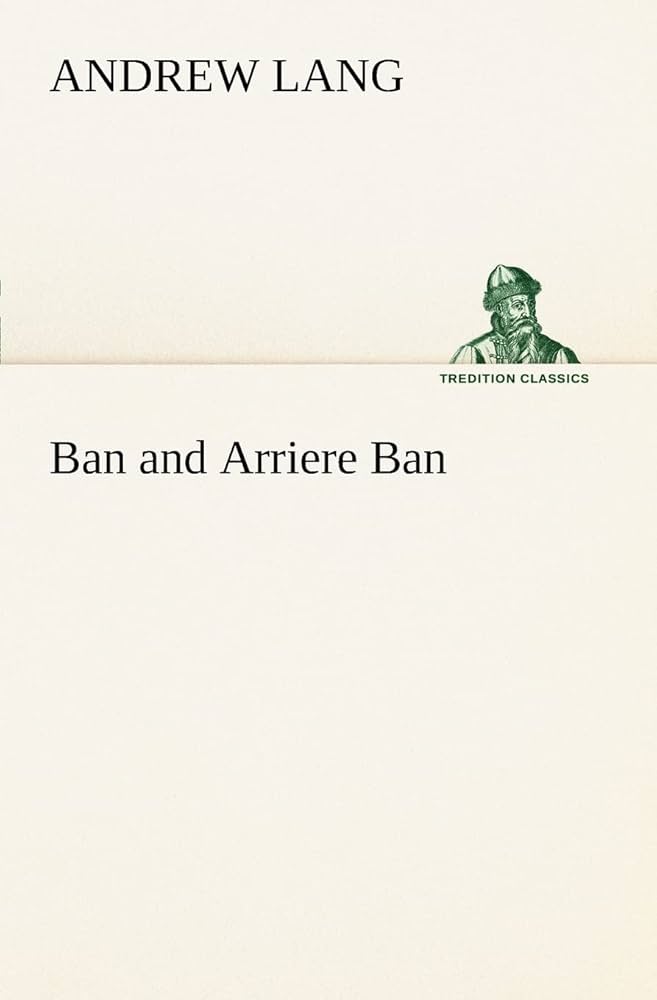The Promise of Helen
byThe Promise of Helen opens with the soft echo of a vow reaching beyond time, as a voice calls out not only to a woman once lost but to an entire era of romance thought buried. It speaks not just to Helen, the individual, but to a spirit once believed gone—of love unbound by death, of memory refusing silence. In this vision, the beloved rises again, not from the grave in sorrow, but in radiance, drawn back by the sheer strength of devotion. The passage is less concerned with realism than with the deep emotional truths buried in longing and reunion. Even if the world insists she is married, or buried, or forever gone, the speaker declares otherwise: she returns because love, once awakened, does not yield to endings. And in her return is also the return of something greater—an old, golden promise that romance can still live.
As the tale unfolds, the focus widens from Helen to something broader and more symbolic: the fall and hopeful rise of King Romance himself. Once a vibrant sovereign of stories filled with duels, daring escapes, and love untainted by irony, he now lies abandoned, his kingdom scattered across forgotten bookshelves and neglected imaginations. Critics and scholars, armed with cynicism, have declared his reign outdated, his tales too naive for the modern mind. They say the knights are all gone, the forests quiet, and no one sings beneath castle walls anymore. But the chapter resists this. It does not mourn passively; it rebels. For in the distance, from rivers like the Tugela and the Tweed, there rise new figures bearing old souls—willing again to believe in courage, to defend lost causes, and to suffer for beauty.
These renewed champions do not mimic the past; they renew it. Marsac and Micah Clarke walk paths shaped by new history but guided by the same light of romance. Their causes may seem modern—partisan battles, political imprisonment, moral defiance—but the essence remains rooted in love, loyalty, and the belief that the soul of a story can outlive any century. Each figure becomes a torchbearer, carrying the flame through new shadows. And so, the cry spreads: King Romance is not dead. He was sleeping, and now he wakes, wand in hand, to transform the grey world back into something golden. It’s not about escaping the present, but about infusing it with magic once forgotten.
The restoration of King Romance is not merely a literary argument—it is a deeply felt reclamation of joy, wonder, and the thrill of earnest storytelling. Even as the world prizes skepticism and realism, the chapter insists there is still room for awe and gallantry. It suggests that romance need not fade just because the world has changed; it only needs to adapt without surrendering its heart. Stories still exist where sacrifice has meaning, where honor is not a punchline, and where love, no matter how far-flung or fatal, compels the reader to believe in something bigger than themselves. The knights may wear new clothes, and the dragons might breathe different fire, but the adventure still calls.
This revival is not nostalgic for its own sake. It is celebratory, insisting that what was once meaningful can be made meaningful again—not as imitation but as inheritance. The chapter draws strength from its ability to blend old echoes with new voices, inviting readers to once again ride into battle not for conquest but for conviction. It is a reminder that while styles change and tastes evolve, the human need for stories that elevate, inspire, and enchant remains eternal. Helen’s return, like Romance’s, is not about undoing death but about awakening the parts of the soul untouched by it. Through her promise and the kingdom’s restoration, the text asks us to believe again—not in fantasy, but in the beauty of belief itself.
In the end, The Promise of Helen is less about Helen or even King Romance than it is about the reader. It offers a mirror, asking: what stories do you still carry? What promises lie waiting in your own forgotten kingdoms? And most of all—what would you do, if someone told you that your most cherished myths were never gone, only sleeping? This chapter dares to wake them.

